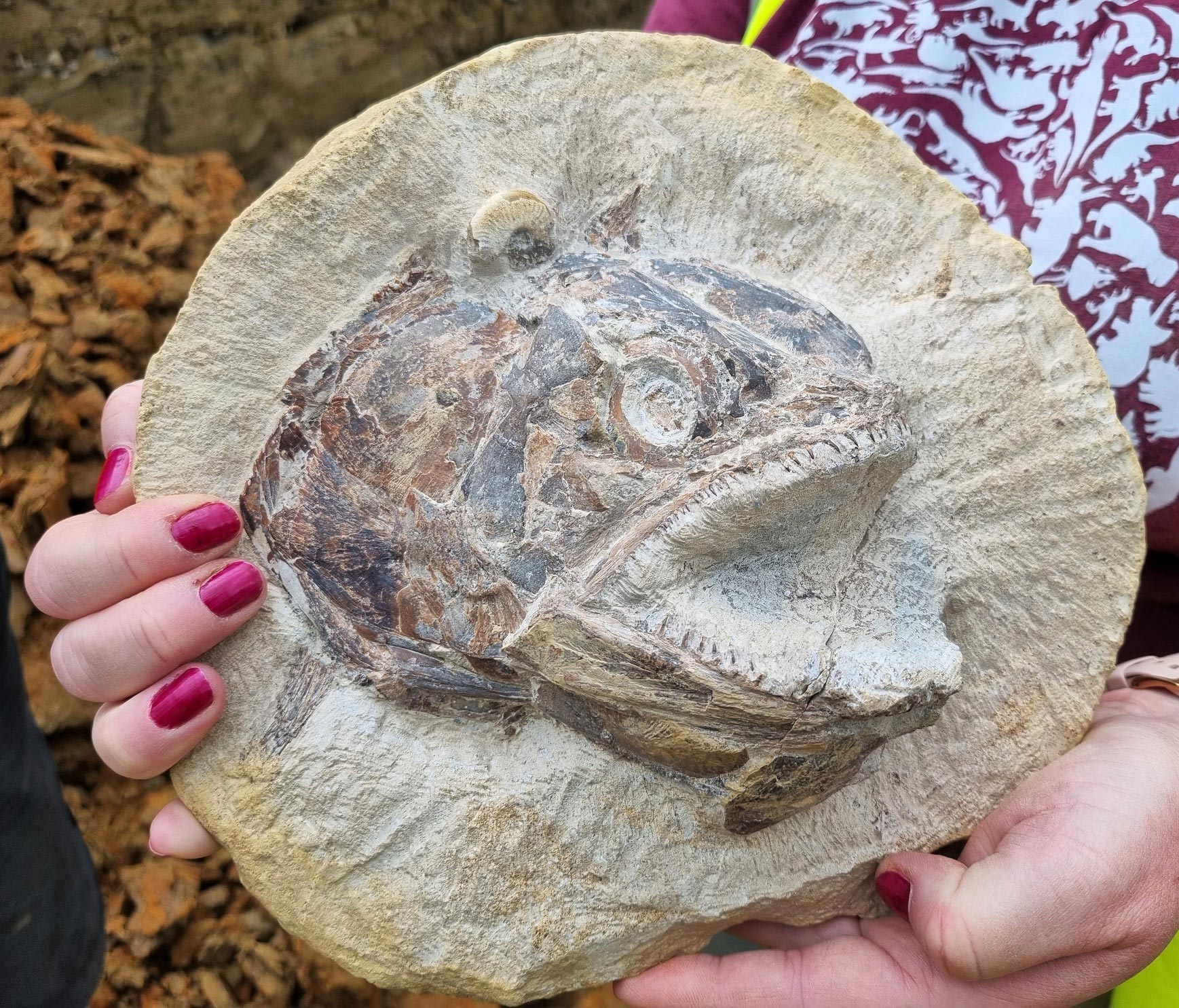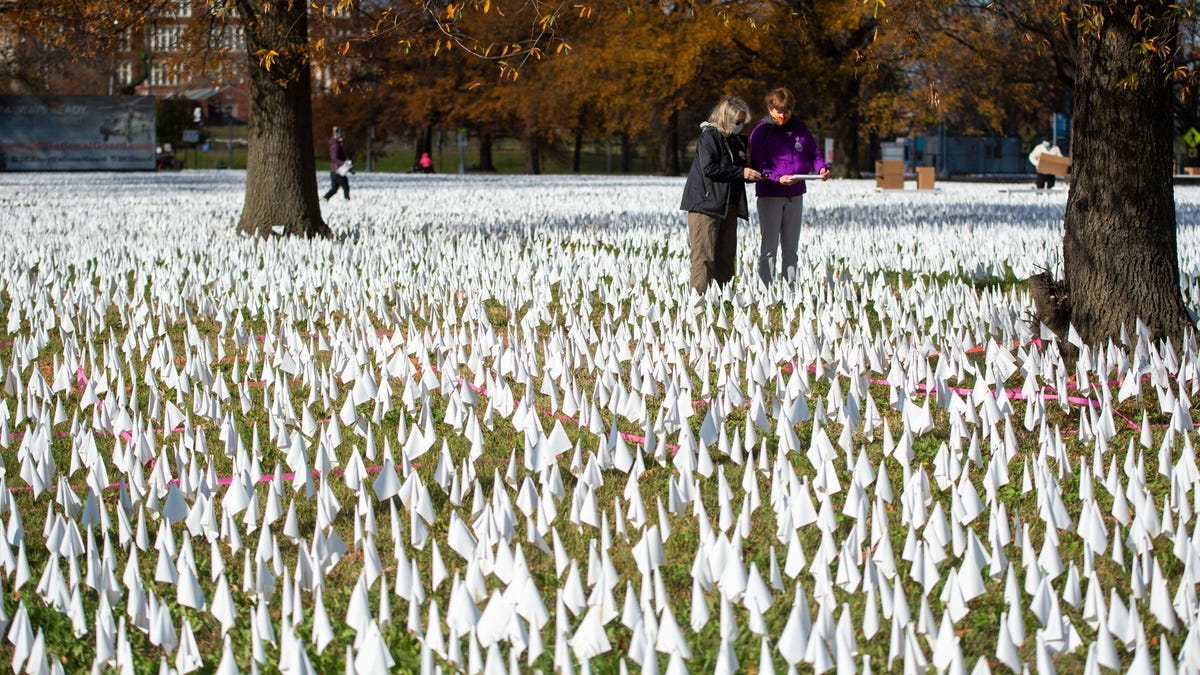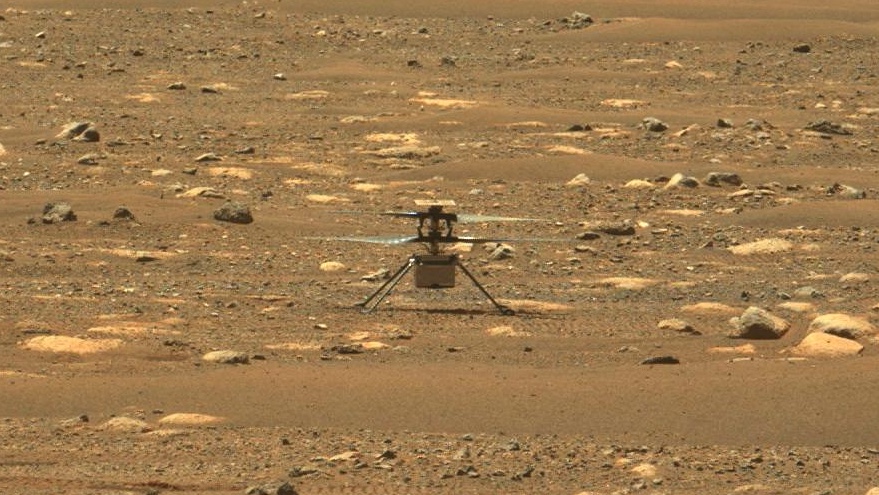Sebuah situs prasejarah luar biasa yang berisi sisa-sisa hewan yang hidup di laut tropis telah ditemukan di ladang petani di Gloucestershire, Inggris.
Fosil-fosil itu digali di bawah ladang yang dipelihara oleh jenis sapi longhorn Inggris kuno, dan mereka secara mengejutkan terawetkan dengan baik. Meskipun usianya sekitar 183 juta tahun, fosil-fosil itu terlihat seperti membeku dalam waktu.
Sisa-sisa ikan, reptil laut purba, cumi-cumi, serangga langka dan banyak lagi, yang terkandung dalam beton batu kapur 3D yang diawetkan, telah digali untuk pertama kalinya oleh tim ahli paleontologi. Fosil tersebut berasal dari lapisan dalam batuan yang terakhir ditemukan di Inggris lebih dari 100 tahun yang lalu. Ini merupakan kesempatan unik untuk mengumpulkan fosil dari saat bagian negara ini berada jauh di bawah air.
Situs yang baru ditemukan adalah di Court Farm, Kings Stanley dekat Stroud, Gloucestershire. Itu ditemukan oleh Sally dan Neville Hollingworth, kolektor fosil yang rajin. Mereka baru-baru ini menemukan sisa-sisa mamut di Taman Air Cotswold di dekatnya, sebuah penemuan yang ditampilkan dalam film dokumenter BBC One.Pemakaman Attenborough dan MammothPada tahun 2021.
Sally dan Neville menjelaskan: “Fosil-fosil ini berasal dari yang pertama[{” attribute=””>Jurassic, specifically a time called the Toarcian. The clay layers exposed at this site near Stroud have yielded a significant number of well-preserved marine vertebrate fossils that are comparable to the famous and exquisitely preserved similar fauna of the Strawberry Bank Lagerstätte from Ilminster, Somerset – a prehistoric site of exceptional fossil preservation. Excavations at Kings Stanley over the last week have revealed a rich source of fossil material, particularly from a rare layer of rock that has not been exposed since the late 19th Century.”
Dr. Dean Lomax, a paleontologist and a Visiting Scientist at The University of Manchester, who recently led the excavation of the Rutland ichthyosaur that also dates to the Toarcian geological age, was part of the team and said: “The site is quite remarkable, with numerous beautifully preserved fossils of ancient animals that once lived in a Jurassic sea that covered this part of the UK during the Jurassic. Inland locations with fossils like this are rare in the UK. The fossils we have collected will surely form the basis of research projects for years to come.”
“The site is quite remarkable, with numerous beautifully preserved fossils of ancient animals that once lived in a Jurassic sea that covered this part of the UK during the Jurassic. Inland locations with fossils like this are rare in the UK. The fossils we have collected will surely form the basis of research projects for years to come.”
— Dr. Dean Lomax
Many of the specimens collected will be donated to the local Museum in the Park, Stroud, where they will form a significant part of the museum’s paleontology collections. One of the team members, Alexia Clark, who is the museum’s Documentation and Collections Officer said: “We’re excited to expand our knowledge of the geology of the Stroud District and we are looking forward to a time when we can share these amazing finds with our members and visitors. Being part of the excavation team has been a real privilege and I can’t wait to share details of that experience through our members’ newsletter.”
Among the best finds were several fossil fish with excellent details of their scales, fins, and even their eyeballs. One of the most impressive discoveries was a three-dimensionally preserved fish head, belonging to a type of Jurassic fish called Pachycormus. The fish looks as if it is ‘leaping off the rock’ that it was contained inside. A digital 3D model of this fossil has been created by Steven Dey of ThinkSee3D.
Field observations and preparation of the fauna found so far indicate that the Court Farm fossils were rapidly buried, as suggested by the absence of any encrusting animals or burrows in the sediment. The layered concretions around the skeletons formed relatively early before the sediments were compacted, as the original sediment layering is preserved. These concretions prevented further compaction and compression from the overlying sediments during burial and thus preserved the fossils in three-dimensional time capsules.
Neville added, “Using the latest fossil preparation and imaging techniques to understand this unique fauna in more detail will create a rich repository. Also, we will leave a permanent reference section after excavations have concluded. Given the location and enthusiasm from the landowner and local community to be involved it is hoped to plan and develop a local STEM enrichment program as there will be opportunities for community groups and local schools to be involved in the research, particularly from the Stroud area with a focus of targeting audiences in areas of low STEM capital.”
The landowner, Adam Knight, said: “I’m delighted that after the initial work that Sally and Nev did over three years ago we now have a full-scale dig on the farm involving a range of fossil experts from The Natural History Museum, The University of Manchester, University of Reading and The Open University. On Friday we were also joined by Emily Baldry (16) on a day’s work experience before she goes to University to study paleontology – it’s wonderful to see her enthusiasm for her chosen profession. It has been a real pleasure to host the dig and I’m excited to see the results of what has been found.”
The team of paleontologists is very grateful to the Geologists’ Association Curry Fund for financing the excavation phase. Going forward, the team will continue to analyze the specimens and publish their research with the fossils planned for display at Museum in the Park, Stroud, and at the Boho Bakery Café at Court Farm, Kings Stanley, Gloucestershire.

“Pemikir jahat. Sarjana musik. Komunikator yang ramah hipster. Penggila bacon. Penggemar internet amatir. Introvert.”





